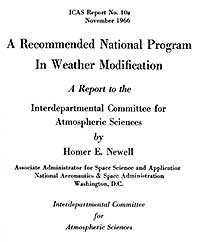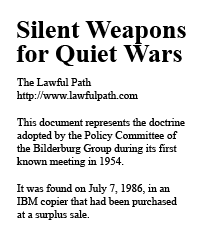Stop being intimidated by tax laws! Read and understand the most important statutes so you can know and exercise your rights as a citizen and end the abuses!
Click here to contact our guest, Eugene Pringle, via email.
References
IRS.gov – Consult the site for educational materials.
“Taxpayer” v. “Nontaxpayer”-Which one are You?
farmguardian.org
The IRS refers to everyone as “taxpayers” because making this usually false presumption against innocent “nontaxpayers” is how they recruit new “taxpayers”. Here is the way one of our readers describes how he reacts to being habitually and falsely called “taxpayer” by the IRS:
I refuse to allow any IRS or State revenue officer to call me or any client a “taxpayer”. Just because I may look like one or have the attributes of one does not necessarily make me one. To one IRS lady, and I have no reason to doubt that she fits this category, I use the following example. “Miss you have all of the equipment to be a whore, but that does not make you one by presumption.” Until it is proven by a preponderance of evidence I must assume you are a lady and you will be treated as such. Please have the same respect for me, and don’t slander my reputation and defame my character by calling me a whore for the government, which is what a “taxpayer” is.
[Eugene Pringle]
Lucas v. Earl
From Wikipedia, the free encyclopedia
Lucas v. Earl, 281 U.S. 111 (1930), is a United States Supreme Court case concerning taxation, about a man who reported only half of his earnings for years 1920 and 1921. The case addresses the taxpayer’s attempt at tax avoidance based on a contract with his wife. The contract specified that earnings were owned by the couple as joint tenants. Justice Oliver Wendell Holmes, Jr. delivered the Court’s opinion which generally stands for the proposition that income from services is taxed to the party who performed the services. The case is used to support the proposition that the substance of the transaction, rather than the form, is controlling for tax purposes.
26 U.S.C. Section 6049: Returns regarding payments of interest





![[Most Recent Exchange Rate from www.kitco.com]](http://www.weblinks247.com/exrate/exr24_eu_en_2.gif)
